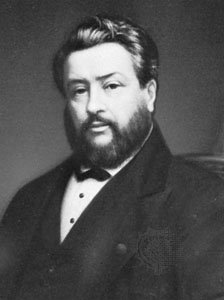"Therefore as by the offense of one upon all men to condemnation, even so by the justification of One upon all men unto justification of life." This "offense of one," if we are bent on "imitation," can only be the devil’s offense. Since, however, it is manifestly spoken in reference to Adam and not the devil, it follows that we have no other alternative than to understand the principle of natural propagation, and not that of imitation, to be here implied. [XIV.] Now when he says in reference to Christ, "By the justification of one," he has more expressly stated our doctrine than if he were to say, "By the righteousness of one;" inasmuch as he mentions that justification whereby Christ justifies the ungodly, and which he did not propose as an object of imitation, for He alone is capable of effecting this. Now it was quite competent for the apostle to say, and to say rightly: "Be ye imitators of me, as I also am of Christ;" but he could never say: Be ye justified by me, as I also am by Christ; — since there may be, and indeed actually are and have been, many who were righteous and worthy of imitation; but no one is righteous and a justifier but Christ alone. Whence it is said: "To the man that believeth on him that justifieth the ungodly, his faith is counted for righteousness." Now if any man had it in his power confidently to declare," I justify you," it would necessarily follow that he could also say, "Believe in me." But it has never been in the power of any of the saints of God to say this except the Saint of saints, who said: "Ye believe in God, believe also in me;" so that, inasmuch as it is He that justifies the ungodly, to the man who believes in him that justifieth the ungodly his faith is imputed for righteousness. [Saint Augustine's Anti-Pelagian Works, A Treatise on the Merits and Forgiveness of Sins and on the Bap, Book 1, Chapter 18 - Only Christ Justifies]
Weekend A La Carte (September 13)
23 hours ago




